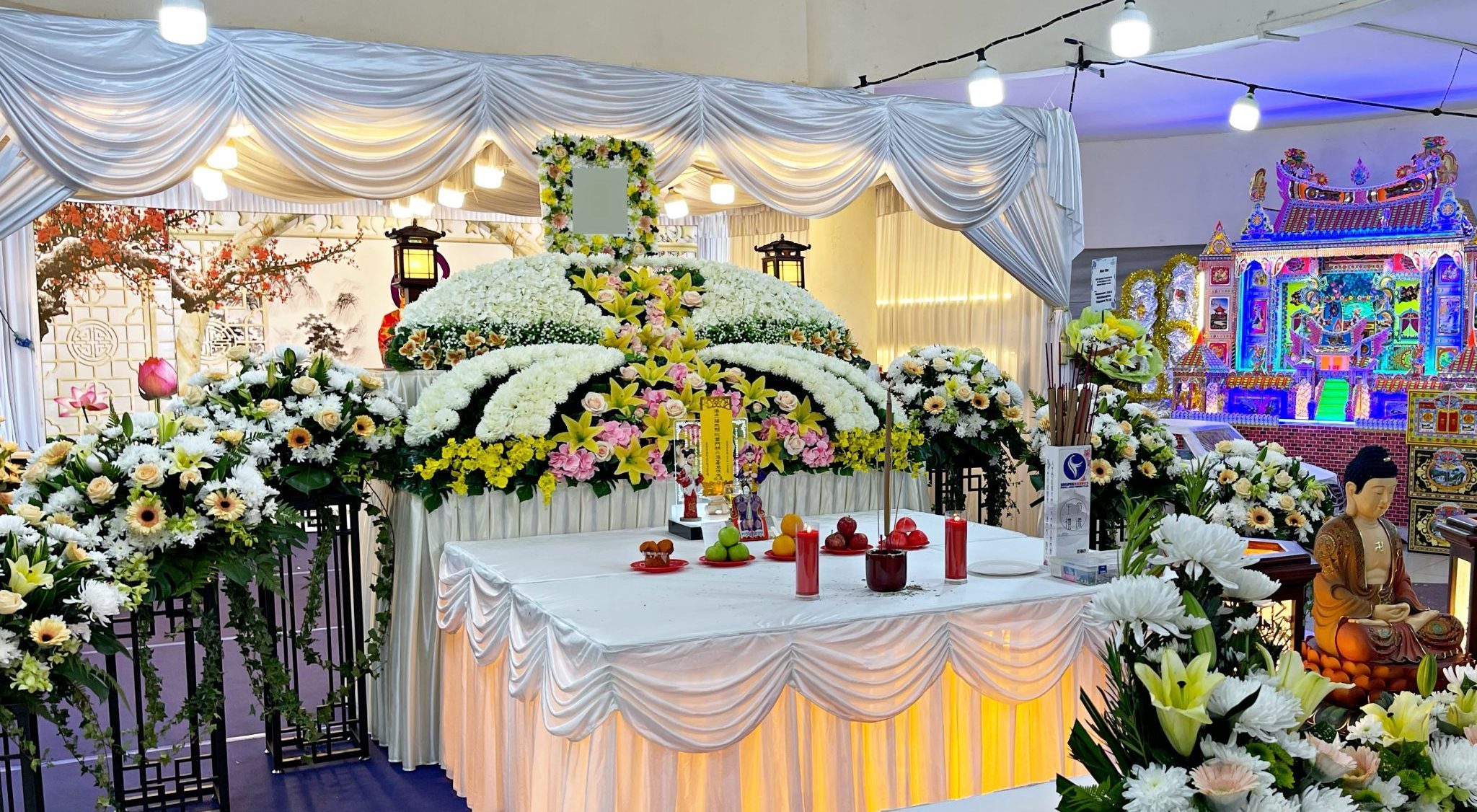Understanding Taoist Funeral Service: Traditions, Beliefs, and Modern Practices
A Taoist Funeral Service is one of the most sacred and culturally significant ceremonies observed within Taoism, a religion and philosophy rooted in harmony, balance, and the cycles of nature. For families who follow Taoist customs, the funeral is not just about saying goodbye to a loved one but also about guiding the departed soul on its journey to the afterlife, ensuring peace, protection, and blessings for both the deceased and those who remain.
The Philosophy Behind Taoist Funerals
Taoism emphasizes living in accordance with the Tao, or the “Way,” which refers to the natural order of the universe. Death, in this belief system, is not an end but a transition — a passage from the physical realm to the spiritual. The Taoist Funeral Service embodies this philosophy by combining rituals, prayers, and offerings designed to maintain balance and harmony while honoring the spirit of the deceased.
Unlike purely secular ceremonies, Taoist funerals are deeply spiritual. They involve prayers to deities, chants, and rituals that address both the cosmic order and the personal journey of the soul. Taoist priests often lead these rites, guiding families through the traditions that have been passed down for generations.
Key Rituals in a Taoist Funeral
1. Cleansing and Preparation
The process begins with the cleansing of the body. Family members may assist in preparing the deceased with clean clothes, often white or other simple attire, as a symbol of purity.
2. Paper Offerings
Paper effigies, known as “joss paper” or “hell money,” are burned during the ceremony. These offerings are believed to provide the deceased with resources in the afterlife, such as clothing, houses, or money.
3. Chanting and Prayers
Priests lead chants and recite scriptures to guide the spirit of the deceased toward peace. These prayers also help ward off negative energies and protect the family from misfortune.
4. Musical Elements
Traditional instruments, such as gongs, cymbals, and drums, are often used. Music plays a vital role in maintaining the flow of energy and uplifting the spirit.
5. Burial or Cremation
The final step varies depending on family preference and local customs. Whether the body is buried or cremated, the act is performed with reverence and mindfulness, ensuring that the soul transitions smoothly into the spiritual realm.
Symbolism in Taoist Funerals
Every aspect of a Taoist Funeral Service is filled with symbolism. The color white, used extensively, signifies mourning and respect. Paper offerings symbolize the continuation of material life in another realm. The chanting and burning of incense connect the physical world with the spiritual, creating a bridge between the living and the dead.
Additionally, Taoist funerals often involve the placement of talismans, amulets, or protective charms. These items are meant to safeguard the soul of the deceased and provide comfort to grieving family members.
Role of the Taoist Priest
A central figure in these services is the Taoist priest. The priest’s role extends beyond performing rituals; they act as a spiritual guide, ensuring that the deceased’s soul is properly directed toward its next stage. Their presence offers assurance to the family, reinforcing the belief that their loved one’s spirit is at peace.
The priest may also provide advice on rituals that should be performed at home after the funeral, such as continued offerings or prayers on specific days, reinforcing the ongoing connection between the living and the departed.
Family Participation and Mourning
Family involvement is essential in a Taoist funeral. Relatives often wear plain, unadorned clothing, typically in white, blue, or black, depending on the relation to the deceased. Mourning periods can vary, but they usually include rituals performed at intervals after the funeral — such as the seventh day, 49th day, and the 100th day — to honor the deceased and aid their journey.
During this period, family members may avoid festive occasions, as a mark of respect. The emphasis is on remembrance, reflection, and ensuring the departed spirit receives the proper guidance.
Modern Adaptations of Taoist Funerals
While traditions remain strong, modern Taoist Funeral Services have adapted to contemporary lifestyles. Funeral homes and service providers often incorporate Taoist rites into streamlined packages, allowing families to uphold their beliefs without the burden of organizing complex ceremonies themselves.
These modern services may balance ancient rituals with convenience, offering options like pre-arranged funeral packages, air-conditioned ceremonial halls, and professional guidance for families unfamiliar with the details of Taoist customs. Despite modernization, the core values of respect, harmony, and guidance for the deceased remain unchanged.
Differences Between Taoist and Other Funeral Rites
Taoist funerals differ from Buddhist or Christian funerals in several ways. While Buddhist funerals focus on rebirth and detachment from the physical world, Taoist services place more emphasis on cosmic harmony and practical offerings for the afterlife. In contrast, Christian funerals emphasize eternal life with God.
Understanding these distinctions highlights the richness of Taoist traditions and the deep cultural roots that shape each ritual.
Importance of Taoist Funeral Services Today
In a rapidly changing world, where modern lifestyles often overshadow ancient practices, Taoist funerals continue to hold great importance. They connect families to their cultural heritage, provide spiritual comfort, and offer a structured way to process grief. For many, the rituals serve as a reminder of the eternal bond between the living and the departed, reinforcing values of respect, filial piety, and continuity.
Furthermore, these services help families navigate the emotional challenges of loss by providing a framework of rituals, symbols, and prayers that give meaning to the mourning process.
Conclusion
A Taoist Funeral Service is much more than a ritual; it is a profound expression of love, respect, and harmony with the universe. From the symbolic burning of paper offerings to the guiding chants of the priest, every detail reflects the Taoist belief in balance, continuity, and reverence for life and death.
As modern practices evolve, families continue to find value in upholding these timeless traditions, whether through elaborate ceremonies or simplified funeral packages. Ultimately, the essence of a Taoist funeral lies in its ability to honor the deceased, comfort the living, and remind us of our place within the eternal flow of the Tao.







